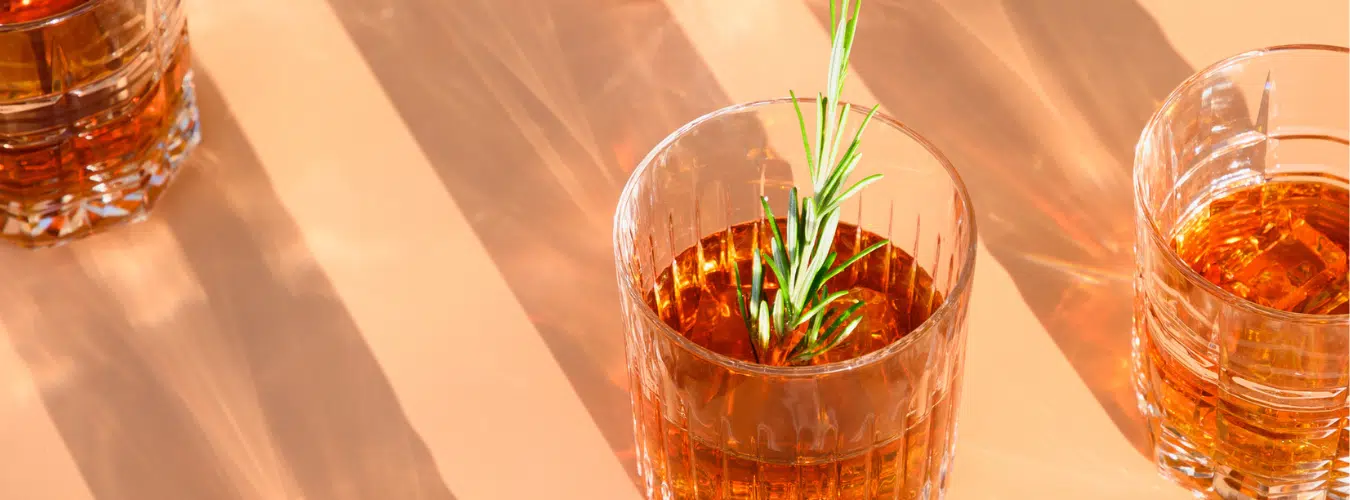There was a movie shown on TV throughout my childhood about a young girl who held an unyielding optimism in the face of some devastating personal tragedies. The young girl’s name, and the movie’s eponymous title, Pollyanna, eventually came to be used to describe a person who posseses a cloying level of positivity. A quick online search reveals that calling someone Pollyanna is not, in fact, a compliment, implying that the person’s optimism belies their naiveté or simpleness of mind.
I sometimes find myself thinking of this story when going through challenging times. Would it not be great to always feel positive about what’s happening even when things are tough? When I’m having a hard time, I often find there’s a bevy of well-intentioned people ready to remind me to “Be grateful for what I have,” or “Look on the bright side,” or pointing out “At least X didn’t happen,” or “You’re lucky you have Y.” We tend to have a particular brand of positivity in our culture that causes us to quickly steer people—especially those we care about—away from difficult emotions, shining a bright light on them in an attempt to make them feel better.
When I was battling depression, I internalized this figurative floodlight and often felt that because I was depressed it meant that I wasn’t grateful enough. I wrote lines of gratitude each day and focused on how lucky I was to have my soft pillow every night. While having a gratitude practice was, and is, an invaluable tool, scientifically shown to improve your mental state, it also sometimes made me want to throw my journal out the window. (Not the pillow though—that really is very soft.) I spent a long time feeling like something was wrong with me for not being happier given what I had.
The problem with this is twofold: 1. Trying to talk yourself out of negative feelings doesn’t address the root problems and incongruities that cause those feelings in the first place, and 2. pushing away your dark feelings makes it impossible to integrate, and love, ALL of the facets of yourself which can lead to shame and numbing.
Over time, I’ve learned to let difficult emotions and gratitude coexist in a state of flow. Instead of disallowing tough feelings, I try to go deeper, investigating the root causes and examining difficult memories so I can work through them, and then coming back to the light and adding gratitude. I’ve learned to be grateful in small ways even in tough times without forcing emotions on myself that feel disingenuous.
At no time are the cultural demands to be “happy” more intense than during the holiday season and new year. On top of the impossible list of tasks, the season is punctuated with a constant message that it’s time to “BE CHEERFUL!” and that we should be making this the “Best Holiday Season and New Year Ever!” Let’s practice getting real together and letting ourselves feel exactly how we feel. The world seems particularly difficult right now and yet there is still good around us. We can feel both. And sometimes you can let yourself just feel sh*tty. Period. Emotions are complicated, messy, and non-linear.
In this issue, we’re getting real about New Year’s resolutions with Katie O’Kennedy’s “anti-resolution” protocol that allows for curiosity and a growth mindset around personal change (p.10). We’re taking care of ourselves by focusing on healthy nutrition for recovery with advice from Dr. Brooke Scheller (p.14). And we go deep with Robbie Shaw of the Champagne Problems podcast in our cover interview about addiction and recovery (p.18).
This year allow your true self to just be. That’s when the beauty shows up.
-
Nicole Pietrandrea Hough is the founder and editor-in-chief of AFTER Magazine and founder of Mocktailquest.com, a search engine for all things alcohol-free. Nicole is passionate about the beauty that is created AFTER saying good-bye to alcohol and about sharing information about creating an alcohol-free life with others.


